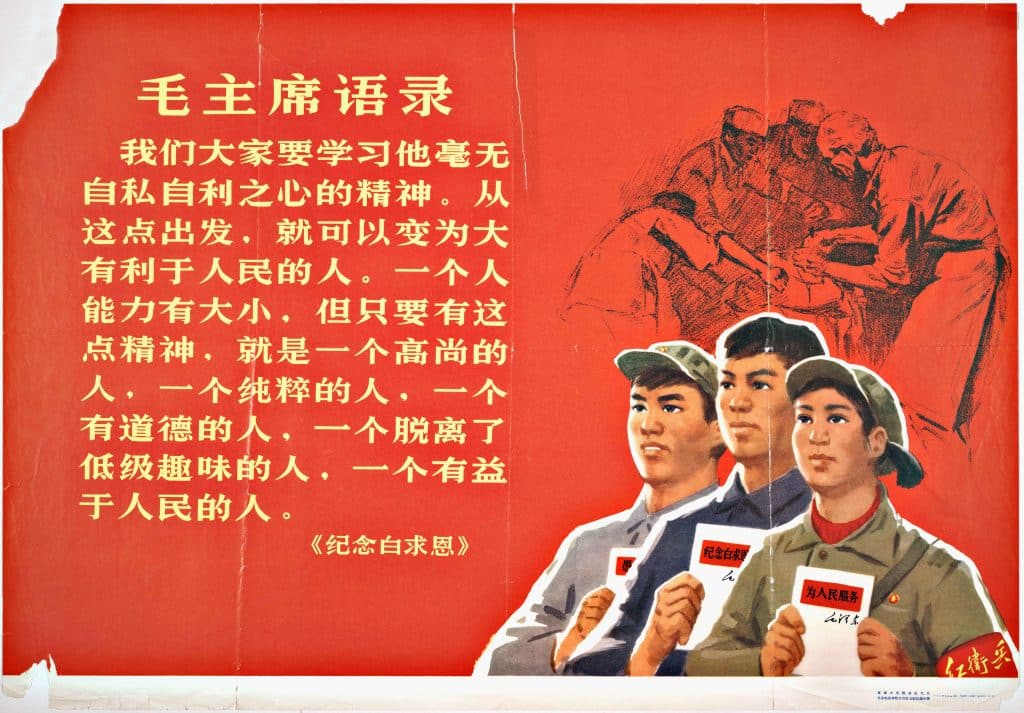China Policy Profiles: Senator Amy Klobuchar
As a senator, Amy Klobuchar’s experience with China is limited in comparison to candidates such as Joe Biden. Klobuchar represents Minnesota, a state that has been deeply affected by the trade war. During the third Democratic debate, Klobuchar’s remarks reflected that, saying about President Trump, “What he has done here, he has assessed these tariffs on our allies. He has put us in the middle of this trade war and he is treating our farmers and our workers like poker chips in one of his bankrupt casinos. And if we are not careful, he is going to bankrupt this country.” Although Klobuchar has supported steel tariffs, she hastened to clarify that Trump’s steel tariffs were not focused, with Trump having instead “made a mockery of focused trade policy.” Klobuchar’s proposal to move forward would include a more strategic and focused implementation of tariffs rather than Trump’s inconsistent and often impulsive approach.
In the fifth Democratic debate, Klobuchar restated her criticisms of Trump’s impulsive foreign policy. On China policy, Klobuchar stated that the US needs “someone who sees the long term, like I do, just like the Chinese do, because we have a president that literally makes decisions based on his next tweet, and they are in it for the long game.”
On her website, Klobuchar offers little information about her planned China policy. In the Foreign Policy paragraph on her website, her campaign writes, “She would invest in diplomacy and rebuild the State Department and modernize our military to stay one step ahead of China and Russia, including with serious investments in cybersecurity.” Although her state and the larger Midwest region have been hurt by the trade conflict, Klobuchar’s website has no information on the senator’s plan for trade.
A search of Klobuchar’s Senate voting record reveals little of her views on China, with the only votes pertaining to China being on the confirmation of Terry Branstad as US Ambassador to China. Klobuchar voted yea on Branstad’s nomination [3].
Klobuchar’s Senate website reveals a hawkish stance on China, with articles about Klobuchar’s opposition to Chinese toys made with cadmium and sold in the US, calls to crack down on synthetic opioids originating in China, and calls for greater steel tariffs to deter Chinese “steel dumping.” In 2014, Senator Klobuchar called on the Obama administration to crack down on unfair Chinese trade practices. In a letter to the US Department of Commerce signed by 27 senators, Klobuchar and her colleagues condemned vehicle and light truck tire “dumping” into the US market. A bipartisan group of 19 senators including Klobuchar sent a letter to the US trade representative calling for a resumption of dried distillers grains (DDGs) trade with China, which had rejected American DDGs because they were found to contain traces of a trait that was not approved in China, but had been approved in the US. The National Security section of her Senate website calls China out for engaging in “cyber warfare that targets U.S. networks” and states that the US must enhance its cybersecurity to protect the nation from international adversaries’ attempts to influence American “critical infrastructure, information systems, and elections.” However, the website offers small praise to China for its part in signing the Joint Comprehensive Plan of Action restricting Iran’s nuclear development.
Based on Klobuchar’s Senate record and her previous public statements, her China policy is likely to continue the trade conflict in some capacity. Klobuchar has expressed frustration with China’s “steel dumping” and would likely to continue Trump’s punitive tariffs in retaliation. That said, a President Klobuchar would employ a focused approach unlike Trump’s tariffs. Klobuchar would also be likely to place increased scrutiny on materials used in Chinese consumer goods and to place more pressure on China over synthetic opioid smuggling. Some tension may come from Klobuchar’s desire to modernize the US military to maintain an advantage over China, especially if Klobuchar deploys advanced US military technology to bases in the region or in freedom of navigation missions in the South China Sea.








